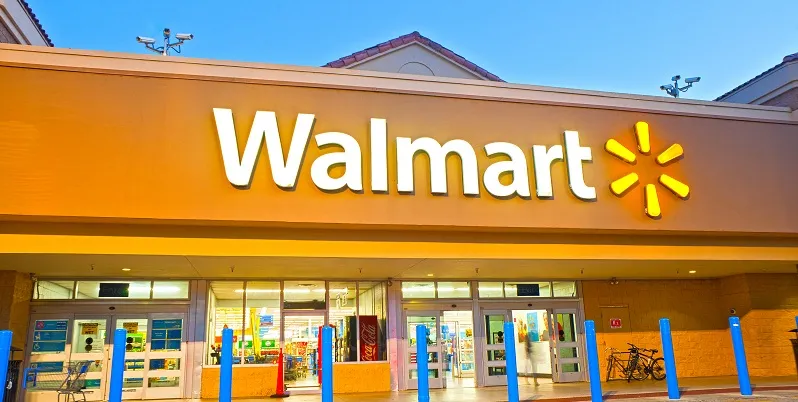Walmart bets on India’s small towns to give wings to its retail plans
With a network of 21 stores in Tier II and Tier III cities like Jammu, Rajamundry, Zirakpur and Jalandhar, Walmart seems to be betting on India beyond the metros to understand consumption patterns of businesses in these regions.
That tier-II cities and small towns offer Indian retail the biggest opportunity for retailers is now amply clear. Even behemoths like Walmart India are betting on it. After launching its first ever fulfillment centre in Bhiwandi in Mumbai in 2017, the company has opened another near Lucknow.
“Data about Indian consumption is very important to us, and we want to serve businesses with the right offerings, which are unique to the region,” says says Walmart India CEO Krish Iyer. To illustrate consumption patterns, he explains that while the size of a tea cup in South India is 75 ml, that in North India is 150 ml.
US-based Walmart had recently acquired Indian ecommerce giant Flipkart for $16 billion. Walmart has been expanding its investments into India, expanding its cash and carry operations to serve the 55 million SMEs that service 500 million Indians in smaller towns and cities.

The ecommerce foray will surely give Walmart a big foothold in India's heartland. According to E&Y, the Indian retail market is worth $650 billion, and only 10 percent of it is organised. “You have to support mom-and-pop stores in this country because of their closeness to customers,” Krish says, keeping an eye on India's burgeoning rural retail market.
Its fulfillment centre in Uttar Pradesh aims to serve businesses in a 100 km radius. The centre will mainly target under-served small businesses such as kiranas and resellers, offices and institutions, and hotels, restaurants and caterers. Krish promises more such roll outs.
The fulfillment centre will be a digital-first model, and kiranas can order online, without having to travel to the fulfillment centre. The centre – at Sarojini Nagar tehsil of Lucknow district - is the second such centre in India.
Krish says the move will strengthen the company's B2B wholesale business, with the centre is expected to create around 1,500 direct and indirect jobs. It will also boost the regional supplier ecosystem as it will source merchandise from local suppliers. “This will step up our B2B e-commerce model,” he adds.
“Uttar Pradesh is a very important, and a priority growth region for us and we are further expanding our business in the state to support kiranas, small farmers, and local suppliers here to help make them successful,” says Krish.







